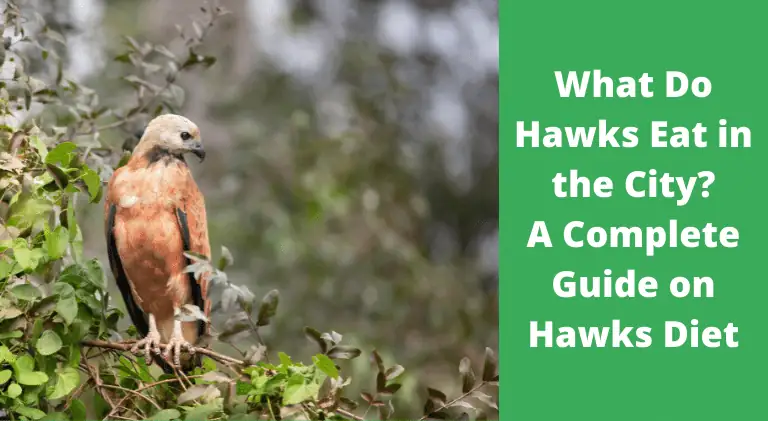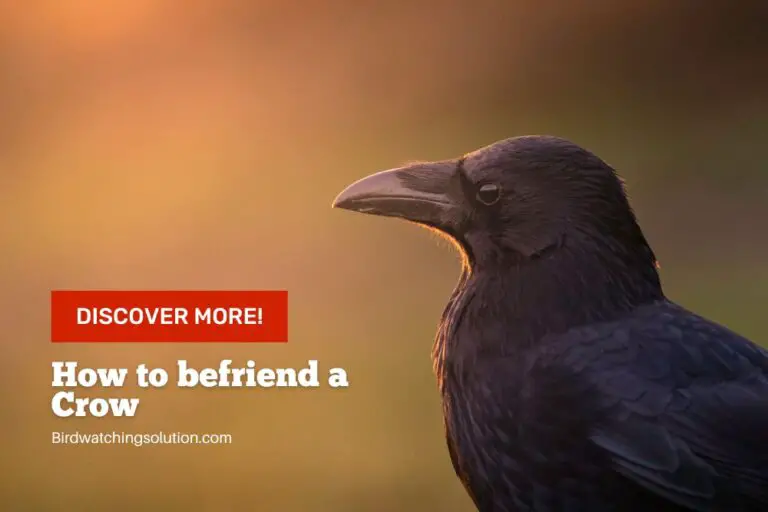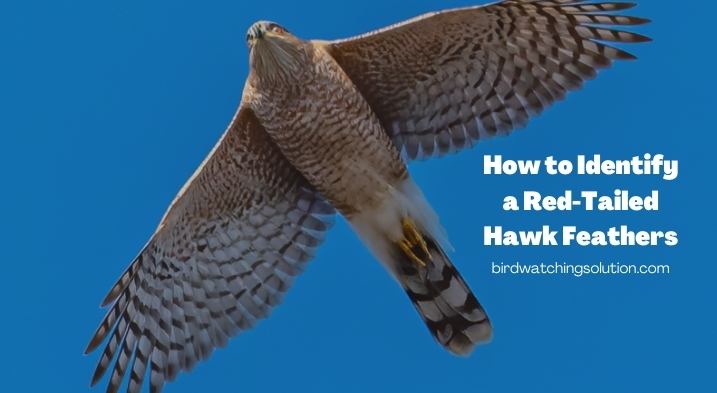Why Do Crows Chase Hawks?
The sight of a group of crows chasing a hawk is a common one in many parts of the world. But why do crows engage in this behavior?
In short, crows chase hawks to protect their territory and food sources, defend injured or vulnerable members of their community, and form alliances with other species to defend against predators.
But there’s more to the story than that. The relationship between crows and hawks is a complex one, and the reasons behind this behavior are still not fully understood.
By studying the behavior of crows and other animals, we can gain valuable insights into the ways that different species interact and cooperate in nature.
If you’re curious about the fascinating world of crow behavior, then read on! We’ll delve into the details of why crows chase hawks, and we’ll explore the potential benefits and implications of this behavior for both crows and hawks.
Whether you’re a bird watcher, a nature enthusiast, or just someone who loves learning about the natural world, this post is sure to provide you with some interesting and thought-provoking information.
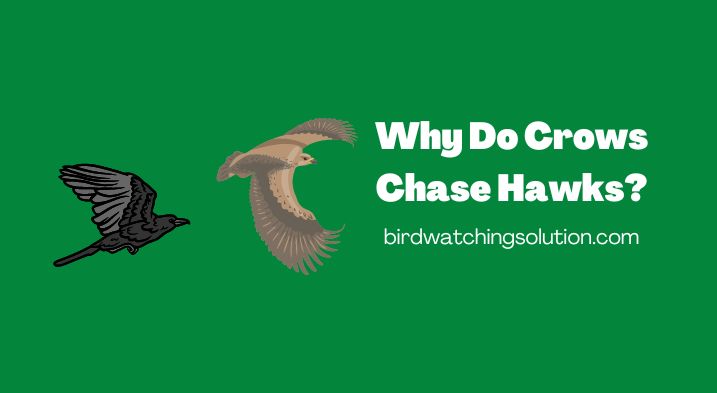
The Possible Reasons Behind This Behavior
When it comes to understanding why crows chase hawks, there are a few different possibilities to consider. Let’s take a closer look at each of these potential causes:
Protection Of Territory And Food Sources
One reason that crows may chase hawks is to protect their territory and food sources. Hawks are predatory birds, and they can pose a threat to crows and their young.
By chasing the hawk away, the crows may be able to defend their territory and ensure that they have access to the resources they need to survive.
This can be especially important for crows during the breeding season when they need to protect their nests and forage for food to feed their young.
Defense Of Young Or Injured Members Of The Crow Community
Another potential reason for crows chasing hawks is to defend injured or vulnerable members of their community.
Crows are highly social birds, and they often form strong bonds with one another. If a crow is injured or in danger, its fellow crows may come to its aid by chasing off the predator that is threatening it.
This behavior is often observed when crows are raising their young, as they will fiercely defend their nests and offspring from any potential threats.
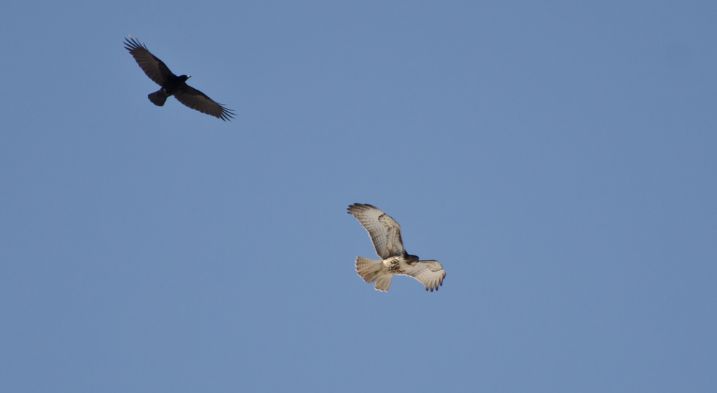
Formation Of Alliances With Other Species To Defend Against Predators
It’s also possible that crows chase hawks as part of a larger strategy to defend against predators. Crows are intelligent birds, and they have been known to form alliances with other species in order to increase their chances of survival.
For example, crows have been observed warning each other of the presence of predators, and they have even been known to join forces with other birds to drive off larger threats.
By working together with other species, crows can increase their chances of successfully protecting themselves and their young from predators like hawks.
The potential benefits of this behavior for crows
While chasing hawks may seem like a risky and potentially dangerous behavior for crows to engage in, it can actually provide a number of benefits for the crow community. Let’s take a look at some of the potential advantages of this behavior for crows:
Increased Chances Of Survival For Individuals And The Community As A Whole
One benefit of crows chasing hawks is that it can increase the chances of survival for both individual crows and the crow community as a whole.
By successfully driving off a hawk, the crows may be able to protect their territory, food sources, and young from predation.
This can help ensure that the crow population remains stable, and that individual crows are able to survive and reproduce.
Ability To Secure Valuable Resources And Maintain A Stable Population
Another potential benefit of crows chasing hawks is that it can help the crow community secure valuable resources and maintain a stable population.
Hawks are known to prey on small birds and animals, and by driving them off, the crows may be able to access food and other resources that would otherwise be at risk.
This can be especially important for crows during times of scarcity, when food and other resources may be limited.
By successfully protecting their territory and resources, crows can help ensure that their population remains healthy and thriving.
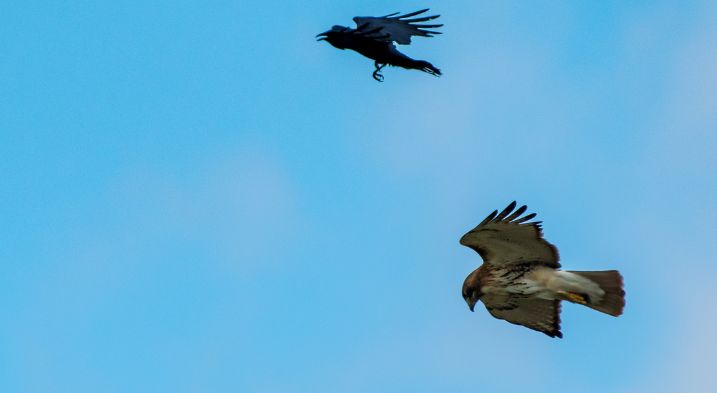
Crows Mobbing Other Birds:
Crows are known for their intelligence and social behavior, and one way that they exhibit these traits is through a behavior known as “mobbing.”
Mobbing is when a group of crows (and sometimes other species of birds) surround and harass a larger bird, such as a hawk or owl, in order to drive it away. This behavior can be seen as a form of self-defense, as the crows may be protecting their territory and young from potential predation by the larger bird.
In addition to chasing hawks, crows have also been known to engage in mobbing behavior towards other birds, such as owls and eagles.
This behavior can be quite intense, with the crows making loud calls and flying aggressively around the larger bird in an attempt to drive it away. Sometimes, the mobbing behavior can even result in the larger bird being injured or killed.
While mobbing behavior can be beneficial for the crows and their community, it can also be dangerous for the larger bird that is being mobbed. Therefore, it is important for researchers to continue studying this behavior in order to better understand its causes and consequences.
Why Don’t the Hawks Retaliate Against the Crows?
Hawks are larger and more powerful than crows, and they are typically successful hunters and predators.
So, why don’t hawks retaliate against crows when they are being chased and mobbed by them?
There are a few possible reasons for this.
Hawks May Not See Them as a Threat
One reason is that hawks may not see crows as a threat. Hawks are usually more interested in hunting and preying on smaller birds and animals, and they may not view crows as worth their time or energy.
Additionally, crows are highly social birds and they often work together in large groups, which may make them less appealing to hawks as prey.
The Hawk May Not Consider Mobbing a Direct Attack
Another reason why hawks may not retaliate against crows is that they may not see the mobbing behavior as a direct attack. Hawks are used to being mobbed by smaller birds, and they may not view the crows’ behavior as aggressive or hostile.
Instead, they may see it as simply a way for the crows to protect their territory and young, and they may not feel the need to respond in kind.
The Hawk Might be Outnumbered
Additionally, hawks may not retaliate against crows because they are not able to. Crows are highly agile and quick in the air, and they can be difficult for hawks to catch. This may make it difficult for hawks to effectively retaliate against crows, even if they wanted to.
Overall, there are likely a variety of reasons why hawks don’t retaliate against crows when they are being mobbed.
While more research is needed to fully understand this behavior, it seems likely that a combination of factors, including the relative size and power of the two species, the crows’ social behavior, and the difficulties of hunting agile prey, all play a role in determining the outcome of these interactions.
Can Mobbing Harm a Hawk?
While mobbing behavior by crows and other small birds can be beneficial for the mobbing birds, it can also be harmful to the larger bird that is being mobbed. Hawks, in particular, can be vulnerable to injury or death as a result of being mobbed by crows and other birds.
One way that mobbing can harm a hawk is by causing physical injury. Crows and other small birds are known to peck and claw at the larger bird when they are mobbing, and this can result in cuts, bruises, and other injuries.
In extreme cases, these injuries can be severe enough to cause the hawk to become incapacitated or even die.
Another way that mobbing can harm a hawk is by causing stress and exhaustion. Hawks are powerful and skilled hunters, but they can still become fatigued by the sustained efforts of a large group of smaller birds mobbing them.
This can make it difficult for the hawk to hunt and feed, and it can even cause the hawk to abandon its territory and move to a new location.
Overall, it is clear that mobbing behavior by crows and other small birds can be harmful to hawks.
While this behavior is a natural part of the relationship between these two species, it is important for researchers to continue studying it in order to better understand its effects and to determine how to minimize any potential harm to the hawk population.
Final Thoughts!
In conclusion, the phenomenon of crows chasing hawks is a fascinating example of the complexity of animal behavior. Crows are intelligent and social birds, and they have a variety of strategies for protecting themselves and their communities from potential threats.
By chasing hawks and engaging in mobbing behavior, crows are able to defend their territory and young, form alliances with other species, and secure valuable resources.
While this behavior can be beneficial for crows, it can also be harmful to hawks. Hawks are powerful and skilled predators, but they can still be injured or killed by crows and other small birds mobbing them.
Therefore, it is important for researchers to continue studying this behavior in order to better understand its causes and consequences.
Overall, the relationship between crows and hawks is a fascinating and complex one, and it serves as a reminder of the potential for interspecies cooperation and conflict in the natural world.
Whether you’re a bird watcher, a nature enthusiast, or simply someone who loves learning about the world around us, the behavior of crows chasing hawks is sure to provide you with some interesting and thought-provoking information

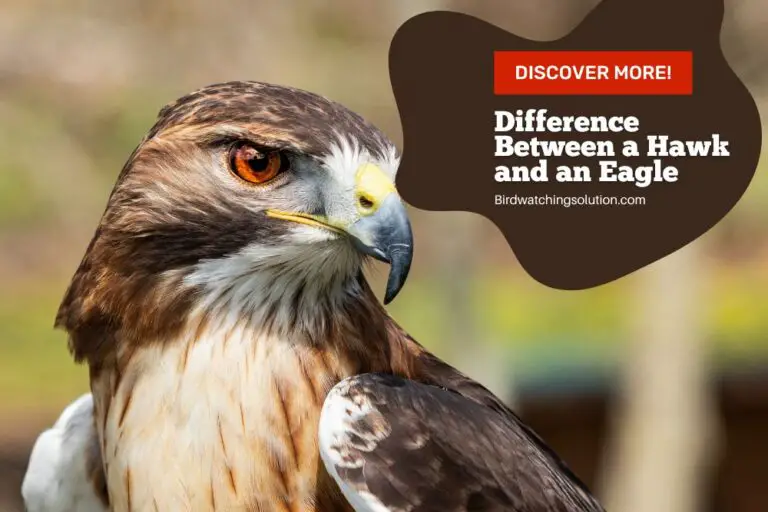
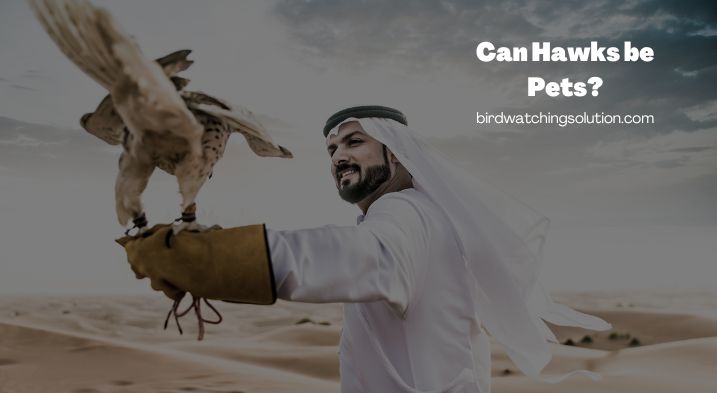
![Do Pigeons Lay Eggs in the Winter? [Interesting Facts]](https://birdwatchingsolution.com/wp-content/uploads/2022/08/Do-Pigeons-Lay-Eggs-in-the-Winter.webp)
